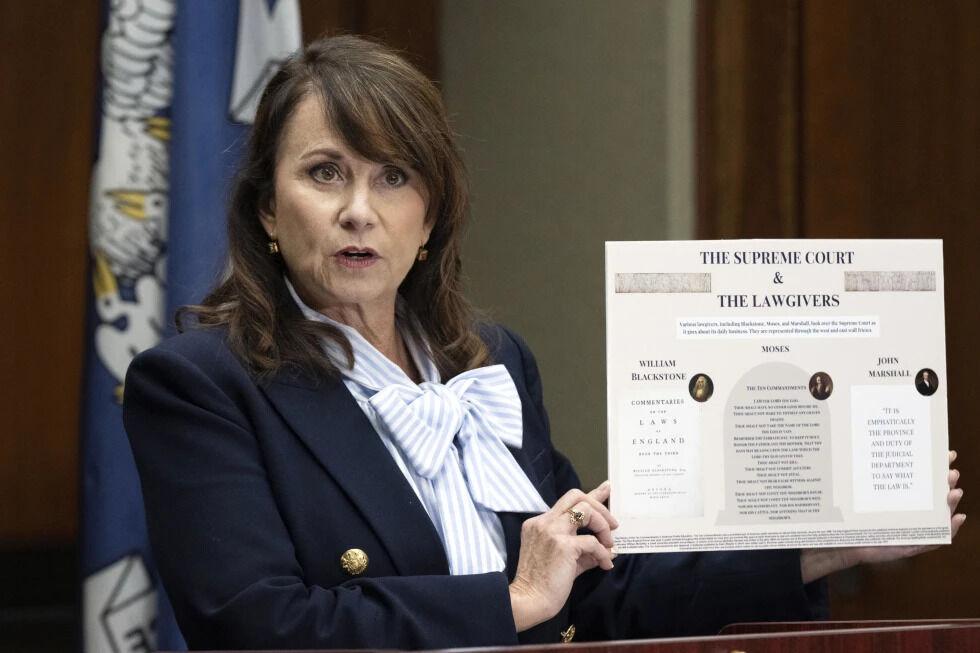Given all the talk this week about the importance of voting (by the way, how exactly does one “rock” the vote?) I thought I’d continue what I was saying last week about the barriers effective democracy faces at the local level. I’d like to talk about some new barriers to democracy being imposed from above on an international scale.
The new threats to democracy come from an unlikely source: international trade agreements. At first glance these agreements seem fairly harmless. Trade often is explained as simply the exchange of goods, providing people with products they wouldn’t normally have. The reality is very different. “Trade” radically has been redefined to interfere with democratic governance. In its name the decisions of legislatures, juries and parliaments are being undermined.
Take for example something called Chapter 11 in the North American Free Trade Agreement (NAFTA). Largely unknown and undebated when NAFTA was adopted, Chapter 11 has quietly become a powerful tool in the hands of multinational corporations to challenge the laws and regulations of the United States, Canada, and Mexico.
Chapter 11 allows corporations to sue governments in highly secretive NAFTA tribunals when they feel government regulations could potentially reduce their profits. The judgments of these tribunals, which can overturn decisions of local, state, or federal authorities, cannot be appealed. For example, Canada’s government banned a dangerous gasoline additive produced by the Ethyl corporation. Under Chapter 11, Ethyl sued Canada and got an $13 million award and the ban was overturned. Another company sued Mexico when a Mexican state denied it a permit to operate a hazardous waste dump and won $16.7 million. State legislatures or even the U.S. Congress are liable to have their decisions overruled by these tribunals. When were we consulted about giving up this much control over our country?
The next round of trade agreements are being written to include education and other public services. Now you might ask, how can education be traded? Universities clearly can’t be trucked across borders, but they can be opened up to foreign investment. Education is one of the largest industries in the world, and as such it is a potential source of huge profits. Education however is largely controlled by governments, effectively barring corporations from directly investing in it. This does not mean that they have given up on trying. Business groups, among the most enthusiastic backers of free trade agreements, plan on using them as Trojan Horses to open up public services to be auctioned off to the highest bidder. This would be a transformation of not only education but health care, water and other public services from fundamental rights of citizens to markets for corporations. For education, one likely consequence would be the deregulation of tuition. In many places tuition hikes are tightly controlled to maintain affordable education. This sort of provision could be interpreted as a “restraint to trade” and be overturned. In 1998, Canada deregulated university fees. Since then fees have increased between 40 and 700 percent.
I know all of this must sound rather implausible, but this sort of scenario is a very real possibility. The deregulation of services like education and health care is a key provision of the Free Trade Area of the Americas, the successor to NAFTA expanding it to the entire Western Hemisphere. This agreement is scheduled to be approved by 2005. It has proceeded without much public knowledge in the United States, but in other countries students in particular are voicing their opposition to it. Recently in Canada thousands of students marched for affordable tuition and the protection of public education from privatization. In 2000 students at the largest university in Mexico literally took over their school for several months after the government attempted to impose steep tuition hikes on them.
This doesn’t mean voting isn’t important. It is. Just understand that democracy is bigger than pulling levers or marking ballots. If the important decisions in a society are made behind closed doors, then it doesn’t matter all that much if elections are held or not. Measures such as Chapter 11, despite being disguised as tools of international commerce, are an attempt to lock those doors and keep them closed.
They should be seen as a serious danger to our freedom. The sustained efforts of many people will be required to stop this threat and protect American democracy.
Trading Democracy?
By Brian Marks - Columnist
November 8, 2002

Brian Marks
Clumnist
Clumnist
Trading Democracy?
More to Discover







